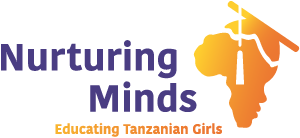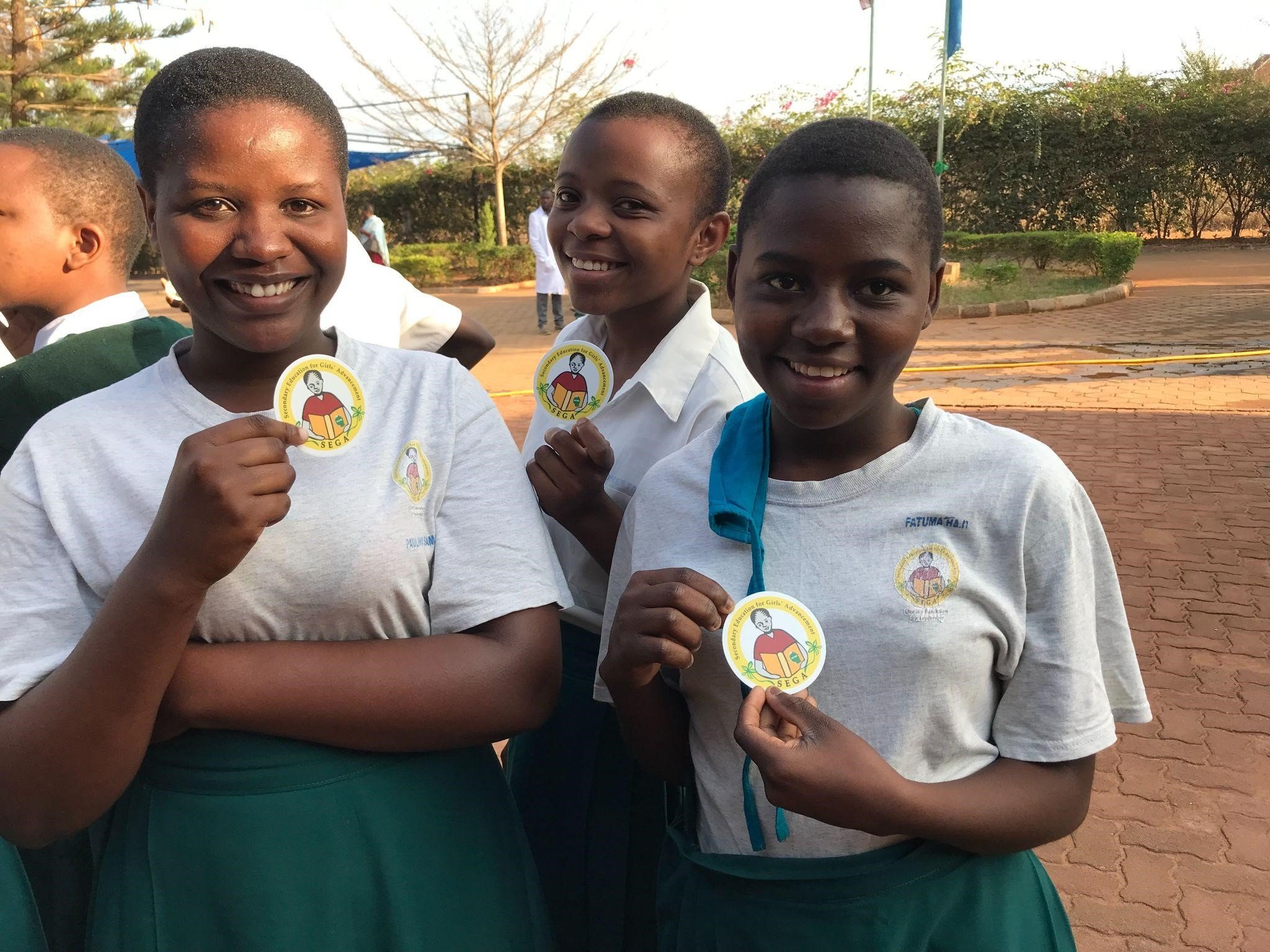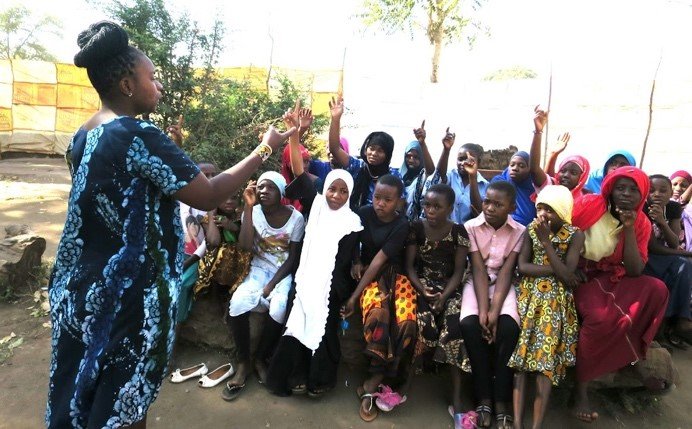Beyond the School Walls: Touching the Lives of At-Risk Tanzanian Girls through The Modern Girl Program
In Tanzania, women and girls face numerous hardships that prevent them from obtaining a quality education. These hardships, compounded by poverty, include a high burden of domestic chores, vulnerability to sexual exploitation, teen pregnancy, and early or forced marriage. According to Girls Not Brides, 31% of Tanzanian girls marry before the age of 18, with child marriage rates as high as 59% in some regions. Thirty thousand girls drop out of secondary school per year in Tanzania (World Bank), with 5,500 dropping out due to pregnancy. And the COVID-19 pandemic is undoing years of progress to girls’ education: one recent study of four East African countries, including Tanzania, found that 34% of the hardest-to-reach rural adolescent girls had a parent or guardian pass away during the pandemic, 70% had to find ways to make money, and 86% did not have the funds needed to return to school.
Secondary Education for Girls’ Advancement (SEGA), a Tanzania-based NGO, was established in 2007 to provide an opportunity for highly vulnerable Tanzanian girls to escape poverty and exploitation, receive a quality education, and gain the skills and credentials necessary to thrive in Tanzanian society. SEGA’s partner organization, Nurturing Minds, is a US-based non-profit founded in 2008 and based in Newtonville, MA. Beginning with just 30 students in a borrowed classroom, the SEGA Girls’ School now enrolls over 275 students annually on its 30-acre campus, the majority of whom receive full scholarships. In addition to receiving rigorous academic instruction, an environmental program, and an entrepreneurship program, students at SEGA participate in the Education for Life program, which includes course units on sexual reproductive health, HIV/AIDS awareness, early pregnancy prevention, counseling, leadership, and public speaking skills. The Education for Life program at SEGA has been so successful that in 2016, SEGA administration decided to bring the program outside of the school walls and to the surrounding communities, to broaden its impact on vulnerable girls. Thus, The Modern Girl (Msichana Kisasa,“MK”) Community Outreach Program began.
MK graduate and mentor Monica teaches current MK students
Within the MK program, SEGA graduates, alongside graduates of the MK program itself, serve as peer mentors, delivering key messages in human rights, sexual reproductive health, pregnancy prevention, hygiene, assertive communication, entrepreneurial skills, and financial literacy to at-risk girls ages 10-18 in their home communities. MK centers are established in each community with permission from local government officials and parents. Now in its sixth year, the MK program is active in 24 communities in the Iringa, Morogoro, Mvuha, Mvomero, and Dodoma regions, has 36 mentors, and reaches over 1,200 girls weekly. The program also includes an Empowered Girls Network, which provides ongoing support and education for graduates of the MK program.
Because the program serves girls at different ages and from different communities, the curriculum is adapted to meet their specific needs. Across all communities served, the immense benefit of participating in the MK program is evident through the girls’ feedback. Girls have reported leaving exploitative home and work situations, furthering their education, and becoming financially independent. Girls report feeling more confident about the changes brought on by puberty. For example, the following participant, Sarila, states: “I started menstruation last month, I was really worried about the whole growing up aspect, but now I’m hopeful and confident after the menstruation sessions and also after speaking with my mentor.” Participants also share how the knowledge they gained through the MK program will ripple outward to benefit their families and communities. As participant Zainabu puts it: “Through the knowledge I gained, I will go and educate my mother on how she should run her business because she is facing so many challenges. I am happy I will be able to help my mom.”
The MK program continues to grow yearly to help more vulnerable Tanzanian girls advocate for themselves, improve their quality of life, and benefit their families and communities. With the generous support of our donors, the MK program will expand to educate, mentor, and empower 2,000 girls per year in 45 rural and peri-urban communities by 2026.
To learn more about the MK program, other SEGA programs, and ways to get involved in our work, please visit: www.nurturingmindsinafrica.org
This blog was written by Nurturing Minds Program Officer Jane Celestin and will be shared with and through the Boston Network for International Development’s blog.


